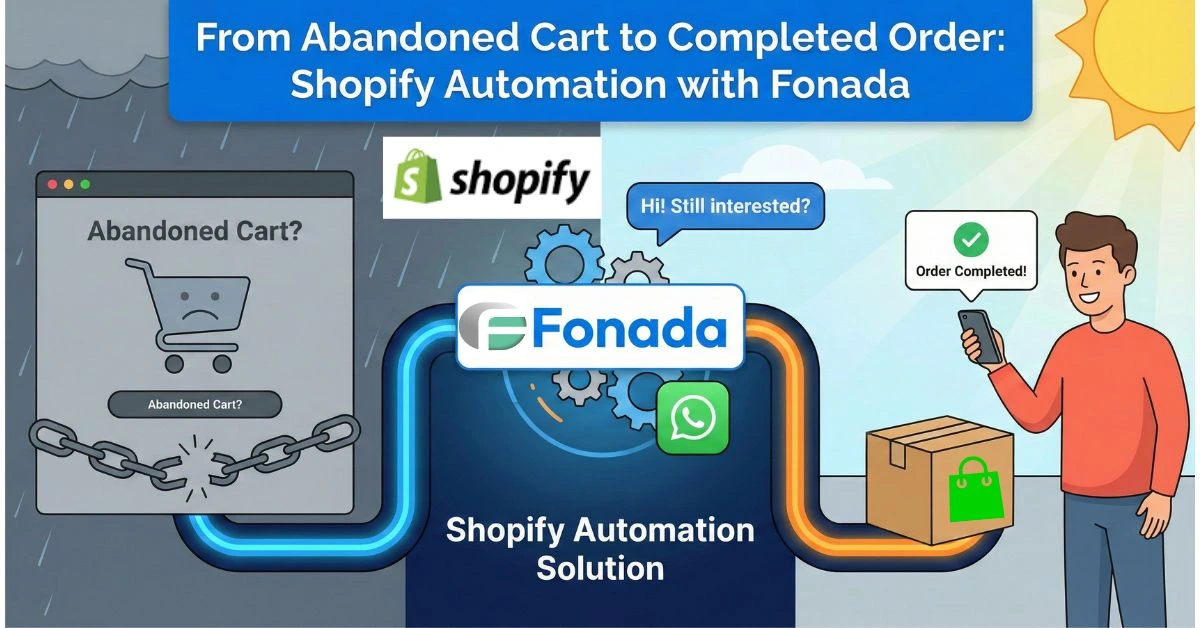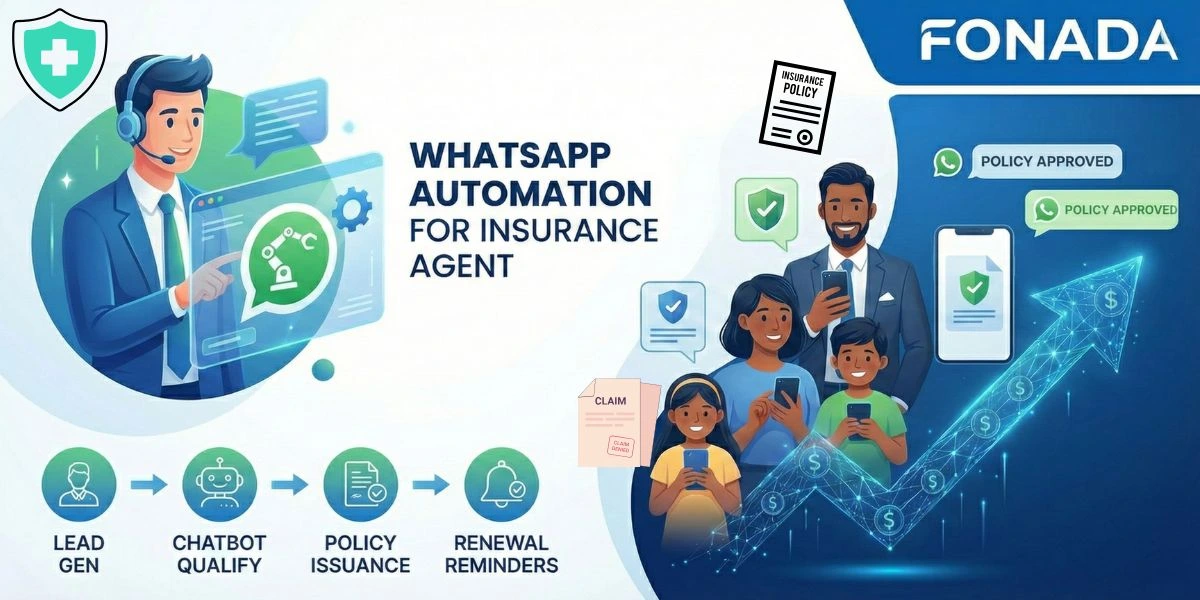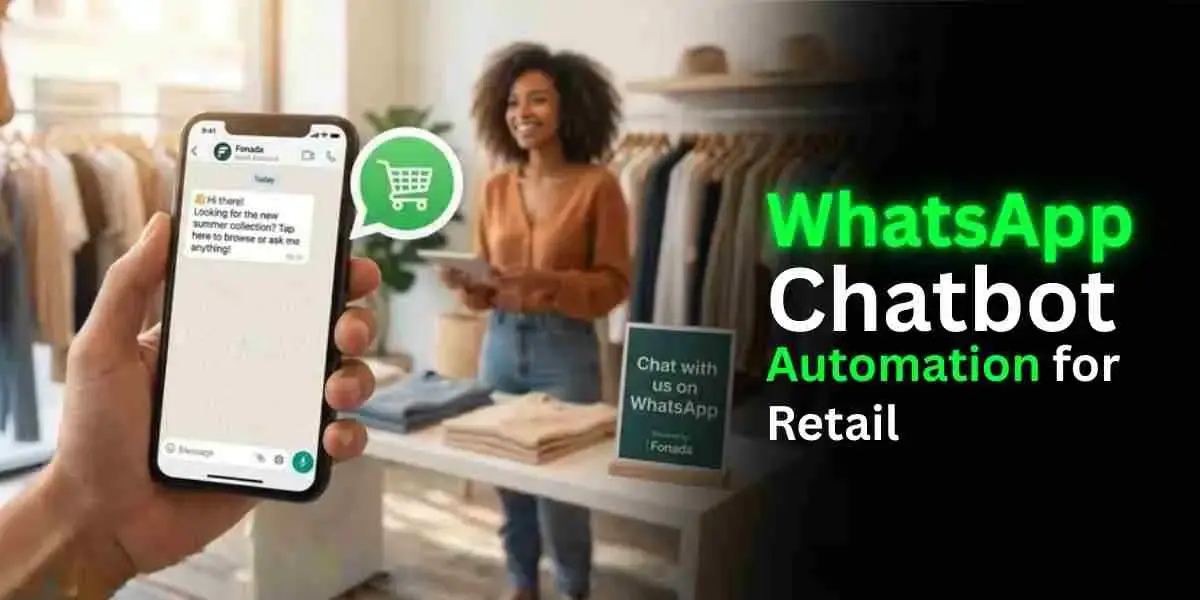Walk into any hospital or clinic today and you will notice something immediately. Everyone is busy. Phones are ringing. Front-desk teams are juggling calls, forms, insurance checks, and patient queries all at once. Patients are waiting, many feeling anxious, tired, or unsure of what comes next.
Healthcare is one of the few industries where timing, communication, and trust can directly impact lives. But the reality is simple. Most healthcare teams are overwhelmed, and patients often end up feeling disconnected.
Now imagine this instead.
A patient receives a warm reminder on their phone:
“Hi John, looking forward to seeing you tomorrow at 10 AM. Reply YES to confirm or R to reschedule.”
Or imagine a mom calling her pediatric clinic after hours and hearing a friendly automated voice:
“Press 1 for urgent care instructions. Press 2 to book an appointment for tomorrow morning.”
No long hold times. No unanswered questions.
Just simple, clear, human communication that works through SMS and IVR solutions.
These technologies might be automated, but their impact on patients feels personal. And that is exactly why they have become essential tools in modern patient engagement.
Let us explore how SMS and IVR are transforming the healthcare experience in a way that feels natural, supportive, and refreshingly human.
Why Patient Engagement Matters More Than Ever
Healthcare is no longer just about diagnosing and treating. It is about supporting, reminding, guiding, and empowering patients at every touchpoint.
Patients today want:
-
Convenience
-
Quick answers
-
Clear instructions
-
Communication in a format they already use
Phone calls and paper reminders often get lost or ignored. People are busy and always on the move. But everyone checks their phone. And almost everyone can navigate simple voice prompts.
SMS and IVR meet patients exactly where they already are.
What Exactly Are SMS and IVR Solutions
SMS in Healthcare
SMS is simply a text message, but in healthcare it becomes a powerful engagement tool. Providers use SMS to:
-
Remind patients of appointments
-
Share prescription updates
-
Send lab notifications
-
Deliver pre-visit instructions
-
Provide post-treatment reminders
-
Share wellness tips
-
Send emergency alerts
-
Request feedback
To understand the broader role of bulk messaging, you can also explore how SMS Blasting works in modern communication strategies using this guide: 👉 SMS Blasting
IVR in Healthcare
IVR is the automated voice system patients hear when they call a clinic.
“Press 1 for appointments. Press 2 for prescriptions. Press 3 to speak to a nurse.”
Modern IVR systems go beyond simple menus. They can:
-
Schedule appointments
-
Help refill prescriptions
-
Share test result statuses
-
Route calls to the right department
-
Provide after-hours instructions
-
Offer multilingual help
If you want to understand IVR in more depth, this detailed resource explains how IVR benefits business operations: 👉 What Is IVR and How It Is Beneficial
Both SMS and IVR reduce pressure on staff while making life easier for patients.
The Real Reason Healthcare Needs These Solutions: Patients Are Human
- People forget things.
- They get anxious.
- They miss calls.
- They misunderstand instructions.
- They get busy handling life.
SMS and IVR help solve these natural human challenges.
- A gentle reminder can prevent a missed appointment.
- A simple voice menu can calm a worried parent at 2 AM.
- A quick text can help a chronic care patient stay on track.
This is more than technology. This is support delivered in a way that feels human.
Benefits of SMS and IVR for Healthcare
1. Fewer Missed Appointments
- No-shows affect schedules and disrupt care.
- A friendly SMS reminder like “Your appointment is tomorrow at 3 PM” can reduce no-shows by up to 40 percent.
2. Happier Patients
- Timely messages help patients feel cared for.
- Instead of worrying or forgetting instructions, they receive what they need at the right time.
3. Round-the-Clock Support
- People get sick at night.
- Kids spike fevers at midnight.
- Patients need help outside office hours.
IVR systems offer essential information without requiring a live agent.
4. Less Work for Staff
- A large portion of clinic calls involve routine questions.
- Automation handles these so staff can focus on meaningful patient interactions.
5. Better Treatment Adherence
- Medication and treatment reminders keep patients on schedule which leads to better health outcomes.
6. Multilingual Support
- SMS and IVR can communicate in many languages which makes healthcare accessible for diverse communities.
How Healthcare Providers Use SMS and IVR Today
-
Appointment reminders and confirmations
-
Patients can confirm or reschedule instantly.
-
-
Post-surgery and post-discharge instructions
-
Texts ensure patients do not lose important information.
-
-
Medication reminders
-
Helpful for chronic care patients like those managing diabetes or hypertension.
-
-
Lab result notifications
-
Patients receive updates as soon as results are ready.
-
-
Billing and insurance alerts
-
Friendly reminders help reduce overdue payments.
-
-
Emergency notifications
-
SMS is extremely helpful during pandemics, weather events, or public health crises.
-
-
After-hours IVR support
-
Patients get guidance when staff are unavailable.
-
If you want to learn how WhatsApp automation expands patient communication further, this guide is helpful: 👉 How To Make a WhatsApp Bot
The Secret to Patient Engagement: Personalization
Patients respond better to messages that feel relevant.
Examples:
A diabetes patient receives
“Good morning Sarah. Remember to check your glucose level before breakfast.”
A cardiology patient receives
“This is a reminder for your ECG appointment next Tuesday.”
These small touches create big improvements in engagement.
Privacy and Security Considerations
Healthcare information is sensitive.
Modern SMS and IVR platforms support:
-
HIPAA compliance
-
Encryption
-
Secure transmission
-
Protected patient verification
Sensitive details can be shared using secure links instead of plain text.
Best Practices for Effective SMS and IVR Implementation
-
Keep messages short and easy to understand
-
Personalize whenever possible
-
Never share detailed clinical information in SMS
-
Provide simple opt-in and opt-out options
-
Offer multilingual support
-
Automate follow-ups
For deeper insight into SMS campaigns and conversions, explore this resource: 👉 Facilitate Brand Conversions with SMS Marketing in India
How SMS and IVR Improve Healthcare Revenue
-
Better schedule management
-
Reduction in no-shows increases revenue and productivity.
-
-
Faster billing
-
Text reminders help patients pay on time.
-
-
Lower operational cost
-
Automation saves staff hours every week.
-
-
Stronger patient loyalty
-
Engaged patients return to the same provider.
-
Exploring complete communication solutions can help you see how these tools integrate across healthcare operations: 👉 Fonada Communication Solutions
The Future of Healthcare Communication
We are entering an era where communication will become even more intelligent.
Upcoming advancements may include:
-
AI powered IVR that sounds more natural
-
Predictive SMS reminders based on patient habits
-
Smart scheduling assistants
The future aims to make healthcare communication faster, more personal, and more intuitive.
At the heart of this evolution lies a simple idea. Communication should feel human, even when it is automated.
Conclusion: SMS and IVR Are Bridges That Connect Patients and Providers
When implemented well, SMS and IVR bridge the communication gap between healthcare teams and patients. They make care feel supportive, accessible, and personalized.
- Patients feel informed.
- Clinics operate more efficiently.
- Staff feel less overwhelmed.
- Communities stay healthier.
Smart communication creates stronger patient connections. SMS and IVR make that possible with ease.
If you want to explore or experience these solutions firsthand, you can request a personalized walkthrough here: 👉 Request a Demo
FAQs
Because they allow healthcare providers to stay connected with patients 24x7. SMS delivers fast, personalized updates while IVR automates routine tasks. Together, they improve patient satisfaction, reduce no-shows, and streamline the workload for administrative teams.
Yes. Most healthcare SMS and IVR platforms follow strict security standards such as HIPAA compliance, encryption, and secure data routing. As long as a provider uses approved systems, patient data remains protected.
Absolutely. Studies show that automated SMS reminders can reduce no-show rates by up to 40 percent. Patients appreciate quick reminders and are more likely to confirm or reschedule on time.
Healthcare providers can send appointment reminders, follow-up instructions, vaccination alerts, health tips, prescription updates, bill payment alerts, satisfaction surveys, and emergency notifications.
IVR reduces long phone queues, gives patients quick access to information, and guides them to the right department without human assistance. It is especially helpful for patients seeking urgent answers during off-hours.
Yes. Chronic care patients often need continuous monitoring and reminders. SMS can send daily health tips, medication reminders, and check-in forms. IVR can collect patient vitals, trigger alerts, or connect them with a nurse when needed.
Yes. These solutions are affordable, scalable, and easy to set up. Even a small clinic can automate communication and deliver a professional, patient-friendly experience.
Implementation can be as fast as a few hours to a few days depending on the platform and integration requirements.
IVR (Interactive Voice Response) systems allow patients to interact with a phone system using keypad inputs or voice commands. Patients can check appointment schedules, confirm visits, access lab results, refill prescriptions, or connect with the right department without waiting on hold.

Feb 12, 2026
How AI Voice Bots for Real Estate Are Automating Site Visit Bookings in 2026
The real estate landscape in 2026 has officially moved past the "... Read More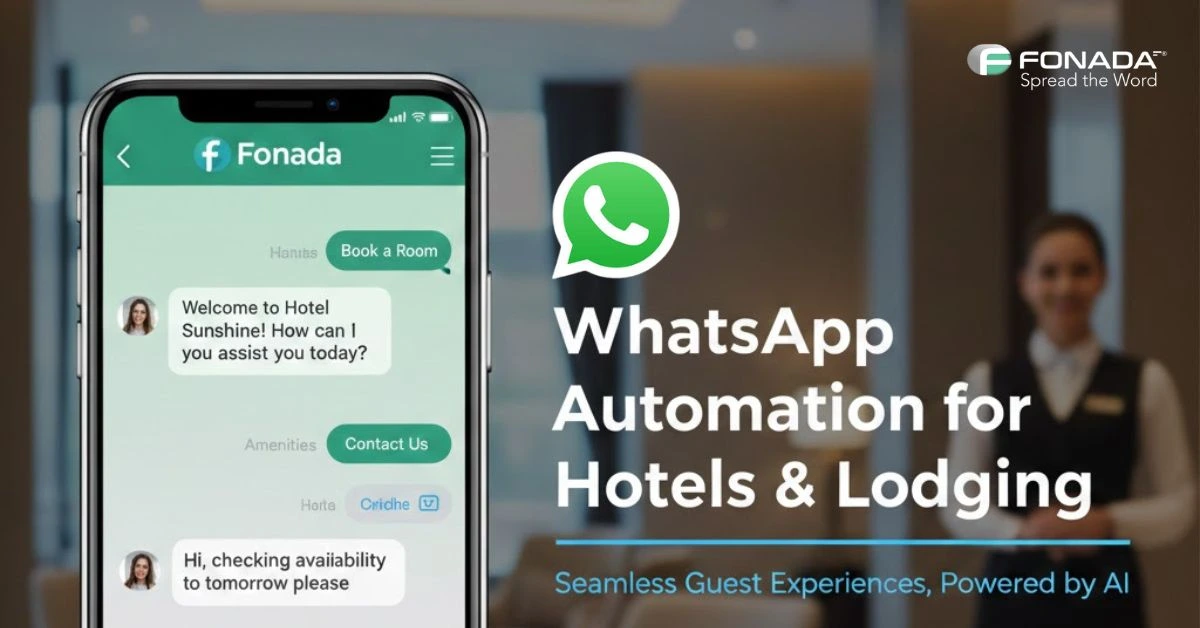
Feb 06, 2026
WhatsApp Automation for Hotels & Lodging: The Ultimate Guide to 2026 Guest Experiences
Running a hotel today feels like a high-stakes balancing act. Between... Read More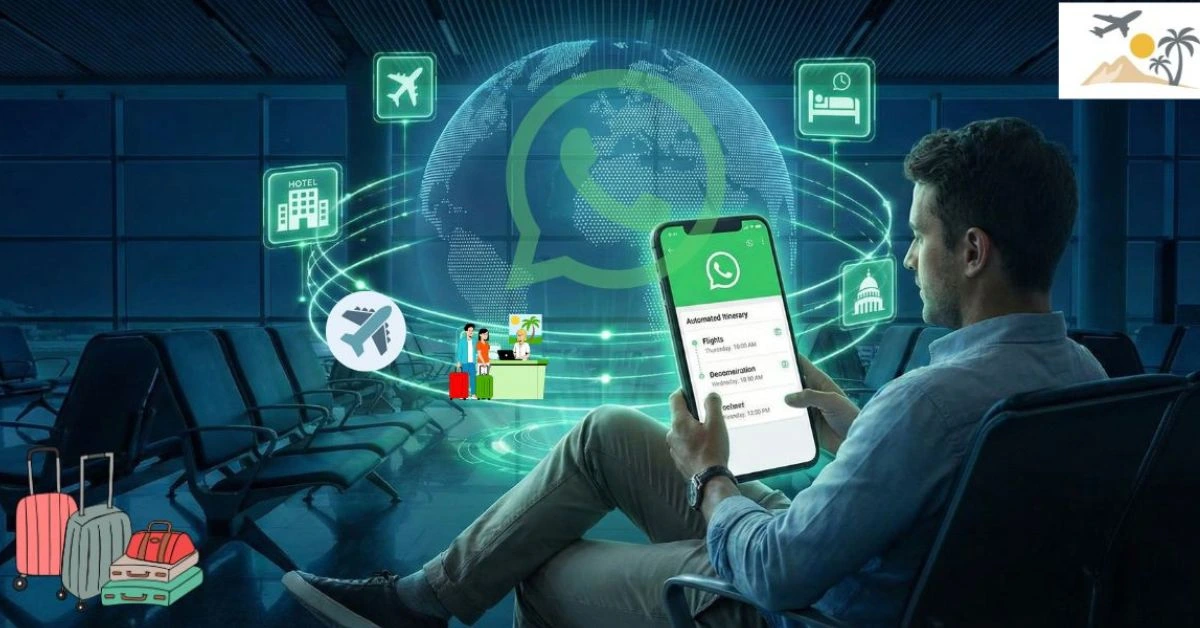
Feb 03, 2026
AI WhatsApp Automation for Travel & Tourism Industry | Fonada
AI WhatsApp Automation for Travel & Tourism Industry The travel industry is waking up to a ne... Read MoreLatest Updates
From Fonada
Industry Insights, Trends, Innovations, Updates, and Case Studies from Industry Experts
View
Customer
Reviews
Discover why our customers love us - read their authentic and heartfelt reviews!
View
Case
Studies
Explore real-life scenarios, offering analysis, and solutions to practical challenges
View
Convert Leads Into Sales With Fonada
Trusted CPaaS Solution Provider

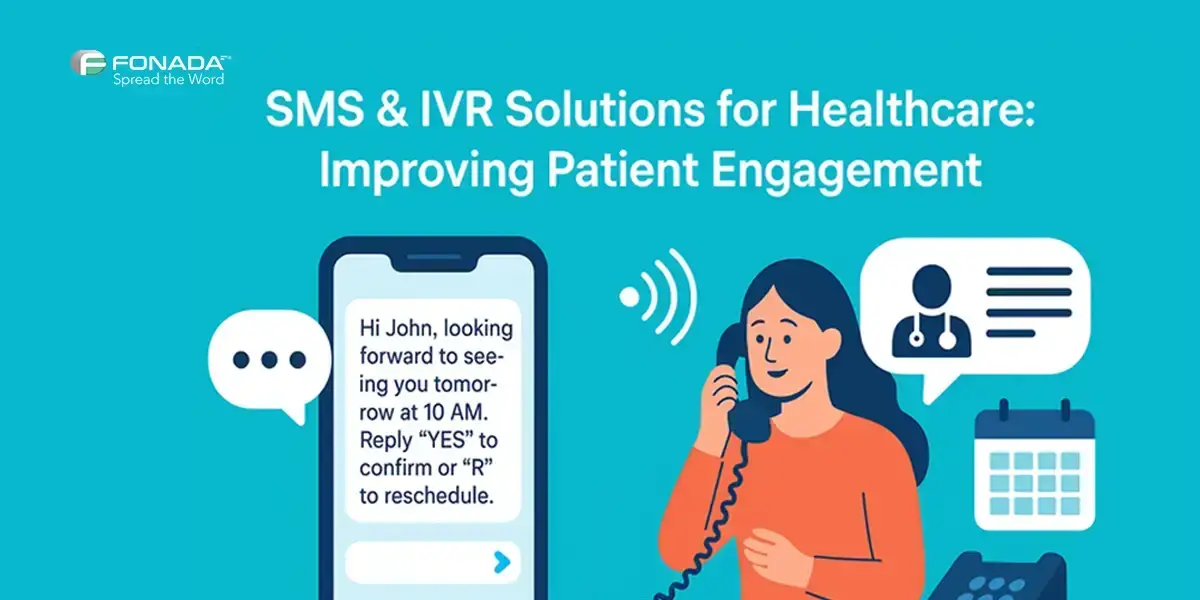
.gif)

